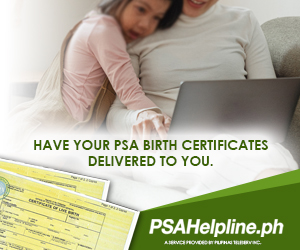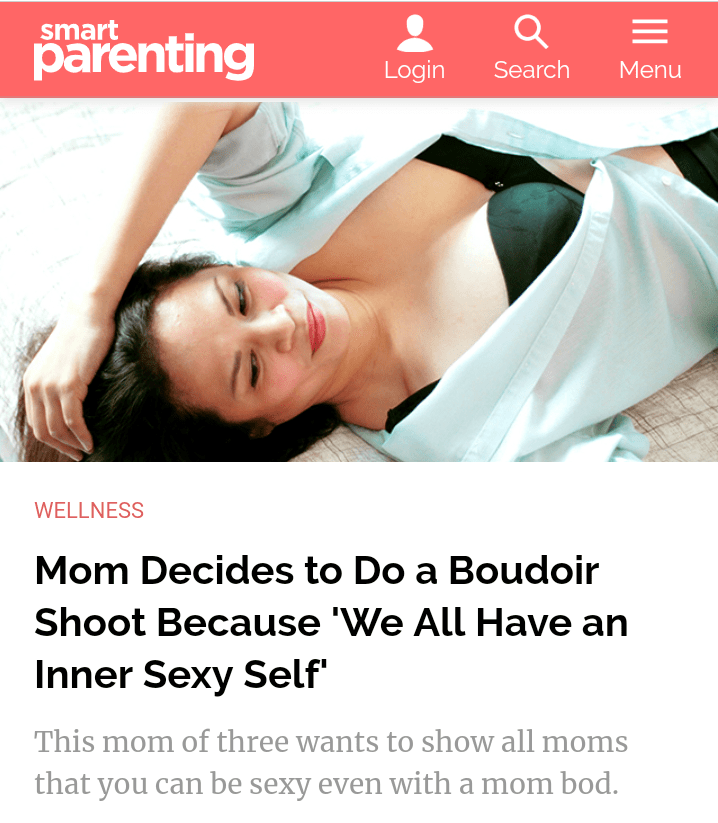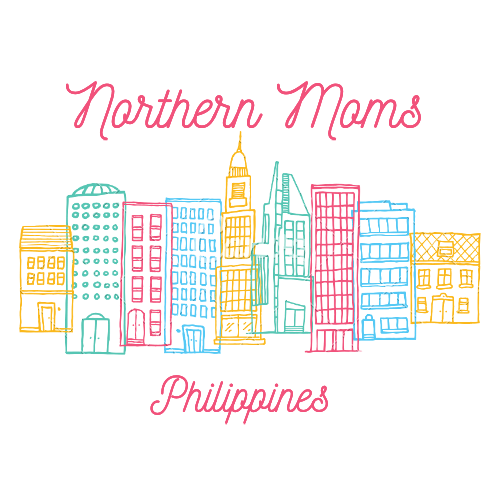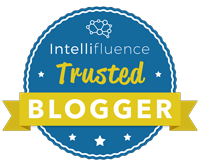The Philippines is among the top countries around the world when it comes to social media usage. In fact, according to a report by Statista, in the third quarter of 2020, Filipinos spent an average of 10.6 hours using the internet every day. Around 3.5 of those hours, or more than 30%, are on social media.
Indeed, it’s safe to say that “socmed” is a big part of the average Pinoy’s daily life. Facebook alone is used to read about current events, share photos, watch videos, and even post content to earn money. The problem with this is that because a lot of people freely share and communicate on social media, they tend to forget about safety and security. As a result, hackers and cybercriminals can easily steal an account’s credentials and cause trouble.
If you think you’ve been hacked, here is a list of some of the most important things you can do. You can also use these as guidelines in protecting your account.
Change Your Passwords ASAP
The first thing you have to do in such a situation is to log out of your account/s and change your passwords ASAP. Don’t limit the update to the affected social media platform, either. You should also change the password of the email that’s linked to it, as well as the recovery email. Finally, verify that your recovery number is the correct one.
Remember to use strong passwords, using a combination of letters, numbers, and symbols. You should also avoid reusing passwords and incorporating details associated with you, such as your birthdate. Finally, get in the habit of changing your passwords from time to time.
Enable 2FA, If You Haven’t Yet
While you’re changing your account passwords, you should take the time to review your security settings. Check if the two-factor authentication (2FA) feature is enabled; if not, activate it. This security measure requires identity verification before you can log in to a new device. Most 2FA methods require you to enter a PIN code sent to your registered number or answer a security question after you input your username and password.
Cybercriminals will likely try to login to your account using a new mobile phone or computer. With 2FA, they won’t be able to complete the login process.
Review Your Login Activity
Speaking of logins, you should check your social media account’s login activity if you think you’ve been hacked. You can usually find this feature somewhere in the security settings menu, and it shows a record of accounts and devices that currently have access to your account. If you see anything suspicious, delete it immediately.
You should also log out or delete any old devices you may have used to access the account. This is especially true if you’re in the habit of selling your old gadgets. You can never be too safe, even if you’ve deleted all your data from the device.
Unlink Apps
When you download new apps or visit websites that require you to sign in, you’ve probably encountered a “Log in via Facebook” button or something similar. This is a way for app developers and website admins to make their products easier to use. However, it can spell trouble if you get hacked because the hacker now has access to all these accounts.
If you suspect you’ve been hacked, immediately unlink these apps and accounts. This will give hackers fewer avenues to do damage to your online presence.
Let Your Loved Ones Know
If you’ve confirmed that your social media account has indeed been hacked, make sure to let your friends and family know. When possible, let them know when you think it happened (even if it’s just an approximate timeframe). This way, they will know to ignore any suspicious links and messages that may have come from your account. They can also prepare themselves accordingly so that their accounts won’t get hacked as well.
Inform the Institutions That Host the Account
For social media accounts linked to other crucial online accounts, make sure to inform the institutions that host them. These include your phone’s manufacturer and your banks. For instance, let them know if you tried to cash in but didn’t receive it in your account. This can help you prevent further attacks on your account, not to mention help warn different organizations about ongoing scams and other security threats.
In the Future: Stop Oversharing
To prevent potential hacks and other security threats in the future, it’s best to remember not to overshare on social media. Don’t post personal data online, particularly those that can be used as answers to security questions. If you’re a content creator, make sure to have separate public and personal mobile accounts to help protect your privacy.
As much as possible, keep your social media settings to the strictest privacy options. You should also follow each social media platform’s recommendations on how to keep your accounts safe. Last but certainly not least, think before you click. If something looks suspicious, it probably is. Don’t let your curiosity get in the way of your security.
Social media and the internet definitely have their plus sides, particularly in terms of communication, education, and even in creating job opportunities. However, it’s still a free-for-all space. Thus, you need to be extra careful to ensure your safety. Keep these tips in mind to keep yourself safe and hopefully recover your accounts in case you get compromised online.
 Copyright protected by Digiprove © 2021
Copyright protected by Digiprove © 2021











